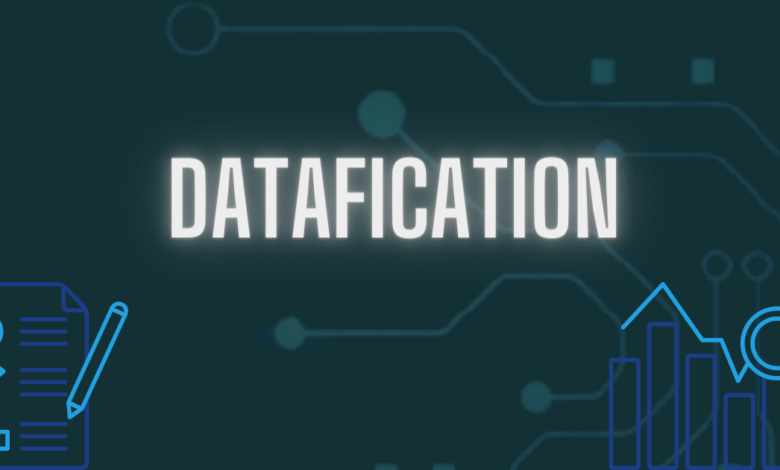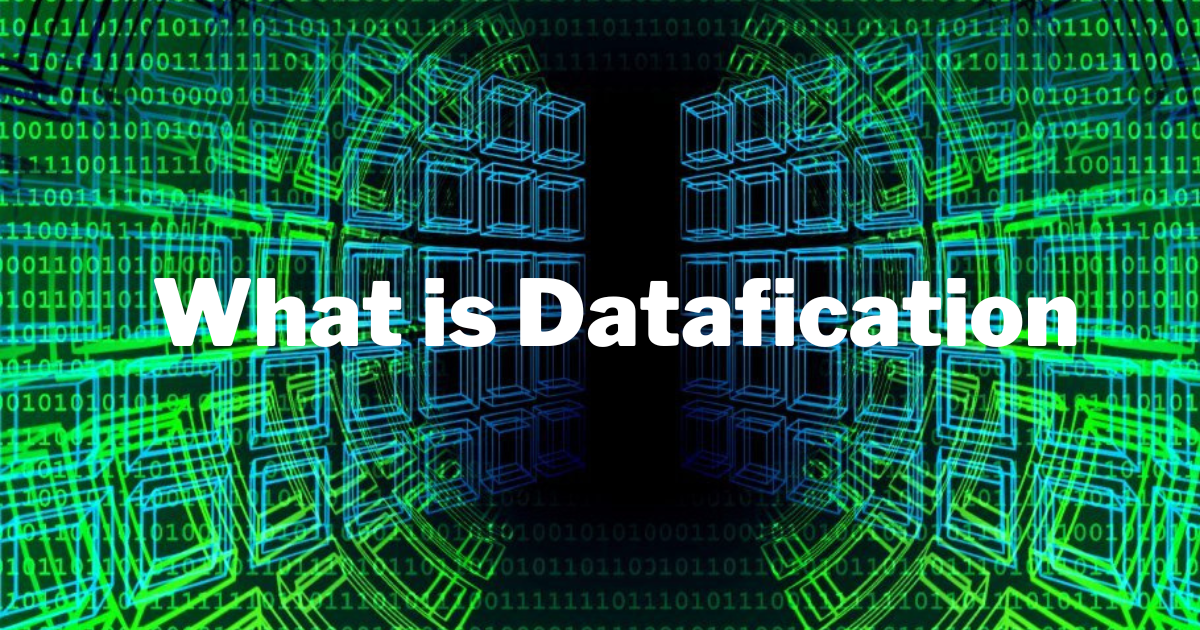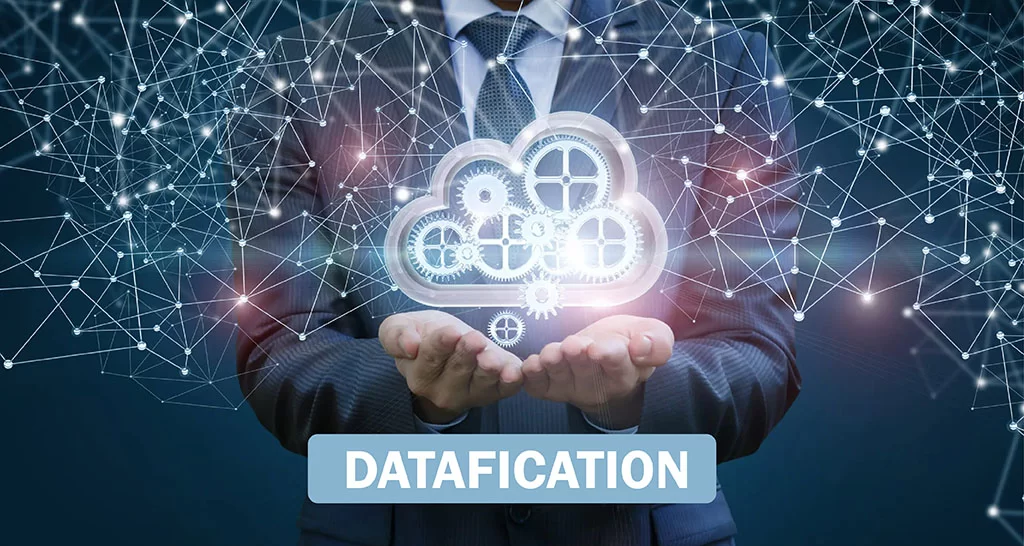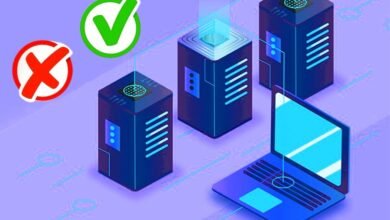
Do you know the 5 Best Practices for Datafication in 2023? In today’s digital age, data has become one of the most important assets for businesses of all sizes. The more data you have, the better you can understand your customers, optimize your operations, and make informed decisions. However, with the rapid pace of technological change, it’s crucial to future-proof your business by adopting best practices for datafication.
In this blog post, we’ll discuss five essential tips for ensuring that your business is ready for the future of data. From identifying your data needs and investing in the right technology to building a data-driven culture and ensuring data security, we’ll help you navigate the complex world of datafication to stay ahead of the competition in 2023 and beyond.
Read More: Stop Hacking of My Corporate Data: How to Perfectly
What is Datafication and Why It Matters

Datafication is the process of converting information into digital data. It involves data collection, analysis, and interpretation. The concept of datafication has been around for decades, but it has gained significant importance in recent years due to the rapid advancements in technology and the increase in the amount of data generated by businesses.
Datafication allows businesses to collect and analyze data to gain insights into customer behavior, market trends, and operational efficiency. By leveraging data analytics, businesses can make informed decisions, streamline processes, and optimize operations.
In today’s fast-paced business environment, it’s crucial to stay ahead of the competition by adopting datafication best practices. Data is becoming increasingly important, and businesses that don’t embrace datafication risk being left behind. By implementing datafication strategies, businesses can future-proof their operations and stay ahead of the curve.
In summary, datafication is the process of converting information into digital data, and it’s a critical element of modern business operations. By adopting best practices for datafication, businesses can gain valuable insights and improve their operations, ensuring they’re ready to tackle the challenges of the future.
Benefits of Datafication for Your Business

Datafication is the process of converting business processes, activities, or operations into digital data. This data can then be analyzed, visualized, and used to make better decisions. In today’s data-driven world, datafication has become an essential aspect of business operations. Here are some benefits of datafication for your business:
Better decision-making Datafication provides businesses with insights that can help them make better decisions. By analyzing data, businesses can identify patterns, trends, and opportunities to improve their operations, products, and services.
Improved customer experience Datafication can help businesses deliver a better customer experience. By analyzing customer data, businesses can identify their preferences, needs, and behavior patterns. This information can then be used to personalize products and services and improve customer engagement and loyalty.
Increased efficiency Datafication can help businesses streamline their operations and improve efficiency. By automating data collection and analysis, businesses can reduce manual processes, and improve accuracy and speed.
Better risk management Datafication can also help businesses manage risks better. By analyzing data, businesses can identify potential risks and take proactive measures to mitigate them.
Competitive advantage Datafication can give businesses a competitive advantage. By using data to make better decisions, deliver better customer experiences, and improve efficiency, businesses can outperform their competitors.
datafication offers numerous benefits for businesses of all sizes. By embracing datafication, businesses can future-proof their operations and stay competitive in an increasingly data-driven world.
Five Best Practices for Datafication
Datafication is the process of transforming data into something that can be analyzed and used for insights, predictions, and decision-making. As businesses move towards a more data-driven approach, it’s important to have best practices in place to ensure that data is being used effectively and ethically. Here are five best practices for datafication:
Set clear objectives: Before collecting data, it’s important to have clear objectives in mind. What insights are you trying to gain? What decisions will be made based on the data collected? Having clear objectives will help ensure that data collection is focused on what’s most important.
Collect relevant data: Data collection can be expensive and time-consuming, so it’s important to ensure that the data being collected is relevant to the objectives. Collecting too much data can be just as problematic as collecting too little. Ensuring that data is accurate, complete, and relevant will help you gain better insights and make better decisions.
Analyze the data: Once the data is collected, it needs to be analyzed to gain insights. This can be done using a variety of tools and techniques, including statistical analysis, machine learning, and data visualization. It’s important to use the right tools and techniques to ensure that the data is being analyzed effectively.
Ensure data privacy and security: Data privacy and security are critically important in today’s world. You need to ensure that you are collecting data ethically and that it is being stored and used in compliance with relevant privacy and security regulations. This will help build trust with your customers and protect your business from potential legal issues.
Use the insights to drive action: Finally, the insights gained from data analysis should be used to drive action. This might mean making changes to products or services, improving processes, or targeting marketing efforts. The key is to use the insights gained from data analysis to drive real-world action that will improve your business. By following these best practices, you can future-proof your business and ensure that you’re making the most of the data you collect.
Implementing Best Practices for Datafication
Implementing best practices for datafication is a crucial step towards future-proofing your business. It involves a systematic approach to collecting, processing and analyzing data to drive better decision-making and achieve business goals. Here are some best practices for datafication that you should consider implementing in your business:
Define clear objectives: Before embarking on any datafication project, it’s important to define clear objectives that align with your business goals. This will help you focus on the data that is most relevant to your business and avoid getting lost in a sea of data.
Invest in the right tools: Datafication requires the right tools to collect, process, and analyze data. You should invest in tools that are scalable, secure, and user-friendly. This will ensure that your team can easily access and analyze data to make informed decisions.
Build a data-driven culture: Datafication is not just about technology, it’s also about people. To be successful, you need to build a data-driven culture that values data and uses it to make decisions. This involves training your team on data literacy and encouraging them to use data in their day-to-day work.
Ensure data quality: Data quality is critical to the success of any datafication project. You need to ensure that your data is accurate, complete, and up-to-date. This involves implementing data governance policies and procedures to maintain data quality.
Monitor and evaluate: Datafication is an ongoing process that requires continuous monitoring and evaluation. You need to track your progress toward your objectives, identify areas for improvement, and adjust your approach accordingly.
By implementing these best practices for datafication, you can future-proof your business and stay ahead of the competition. Datafication is the future of business, and those who embrace it will reap the rewards.
Data Management and Governance
Data management and governance are crucial aspects of datafication that every business must adopt. Poor data management leads to inaccurate and inconsistent results, which can lead to poor decision-making processes that ultimately impact your business negatively. It’s essential to establish a data management plan that outlines how data will be collected, stored, processed, and analyzed. The plan should also identify the data’s true value, usage, and ownership, which will help you make informed decisions and stay compliant with relevant laws and regulations.
A data governance framework should also be established to ensure data quality, accessibility, and security. The framework should establish roles and responsibilities, data standards, and policies that govern data access, sharing, and usage. This will help you improve data quality, reduce risks associated with data breaches, and ensure that your business is compliant with changing data protection regulations.
Moreover, implementing a data management and governance system enables you to unlock valuable insights and opportunities that can help you drive business growth. By using advanced analytics, you can extract actionable insights from data that can help you optimize your operations, improve customer experiences, and create new products and services that meet evolving customer needs. In summary, data management and governance are fundamental practices that help you future-proof your business and stay competitive in an increasingly data-driven world.
Read More: Finding Data on a Dead Hard Disk( Step-By-Step Guide)
In conclusion,
datafication is the future of business. As technology advances and becomes increasingly integrated into our lives, businesses that do not adapt to this trend risk falling behind their competitors. To future-proof your business, it is important to implement these five best practices for datafication: prioritize data security, invest in data expertise, set clear data goals, embrace automation, and use data to drive business decisions.
Remember, data is not just a buzzword, it is a valuable asset that can help your business succeed in the long run. By taking the time to properly collect, analyze, and act upon your data, you can gain valuable insights into your customers, products, and operations that can help you make informed decisions and stay ahead of the curve. So, take action today and start implementing these best practices to ensure that your business is prepared for the future of datafication in 2023 and beyond. Your customers and your bottom line will thank you.












One Comment